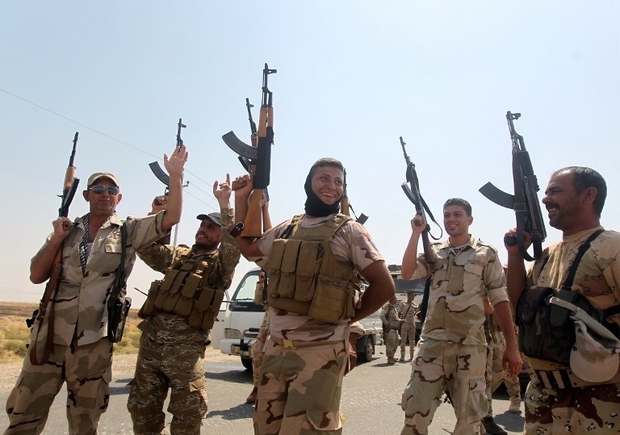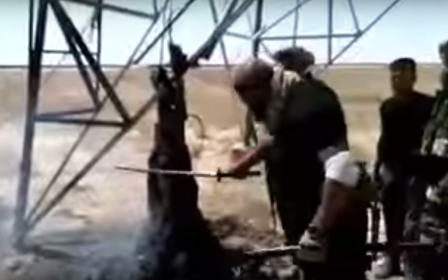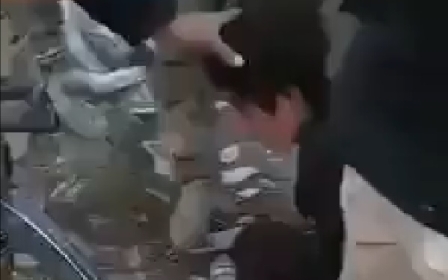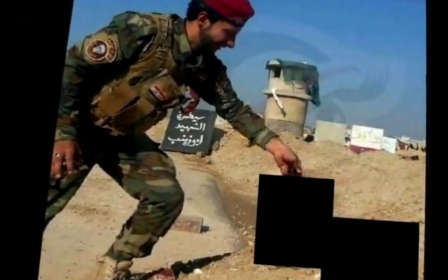Iraq must rein in paramilitary forces: HRW

The Iraqi government must assert control over paramilitary forces that have carried out abuses including enforced disappearances and destruction of property, and hold those responsible to account, Human Rights Watch said.
Baghdad should "take immediate steps to establish effective command and control over pro-government militias (and) disband militias that resist government control," the rights group said in a report released on Sunday.
It must also ensure that Iraqi forces involved in abuses "are fairly and appropriately disciplined or prosecuted," and provide compensation or alternative housing to people whose homes have been destroyed, HRW said.
The report details destruction of homes and detentions carried out in the Tikrit area, north of Baghdad, after the city was retaken from the Islamic State militant (IS) group, which overran large parts of Iraq last year.
"Militia forces looted, torched, and blew up hundreds of civilian houses and buildings in Tikrit and... neighbouring towns," HRW said.
"They also unlawfully detained some 200 men and boys, at least 160 of whom remain unaccounted for."
Baghdad turned to mostly Shia volunteer forces and militias for support as IS advanced towards the capital in June 2014.
In doing so, the government empowered Shia militias, some with chequered human rights records, and spurred the creation of new ones, allowing them to act with near-impunity despite the fact that they officially fall under government command.
Those groups have played a key role in halting and then reversing IS gains.
New MEE newsletter: Jerusalem Dispatch
Sign up to get the latest insights and analysis on Israel-Palestine, alongside Turkey Unpacked and other MEE newsletters
Middle East Eye delivers independent and unrivalled coverage and analysis of the Middle East, North Africa and beyond. To learn more about republishing this content and the associated fees, please fill out this form. More about MEE can be found here.




